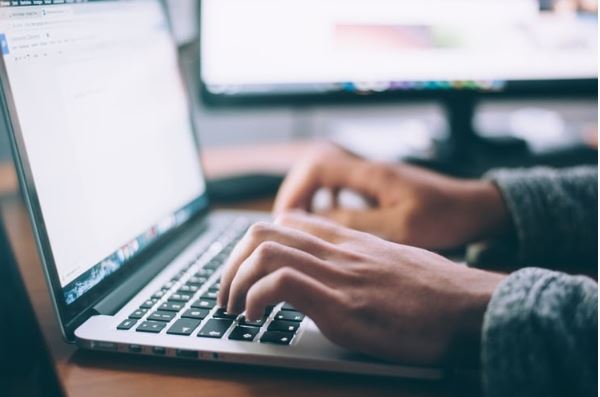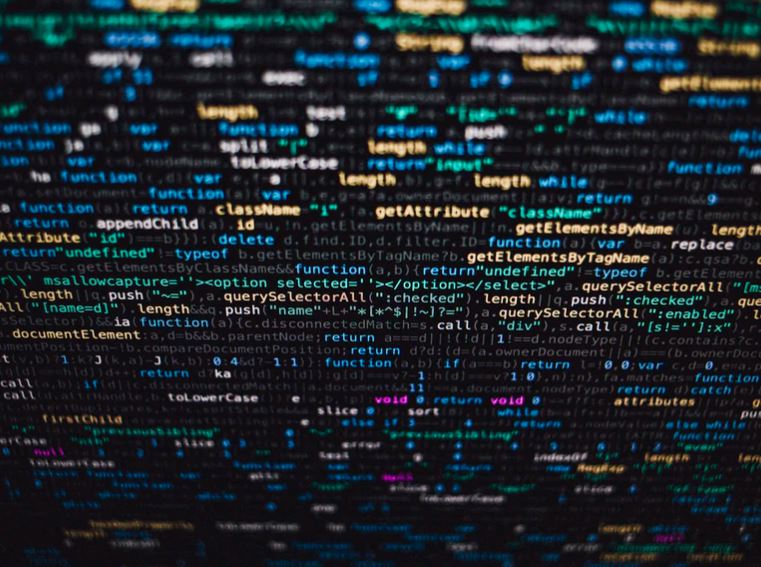
As you use the internet, you can be prone to different threats that can compromise your protection and privacy. Even without you knowing, you can fall prey to malware, spyware, phishing, and over viruses. They can access important and sensitive details about you by hacking into your files and they can destroy and damage your system by hijacking your data.
This is not something new and a lot of the people behind these illicit acts are getting creative in going around different security measures. Even if you have software and applications that will protect you from harm and hackers, you should add multi-layered protection to give you more boost in security and protection.
Updating Your System Constantly
Updates for your devices not just including constant upgrades to make your device and applications up to date. They also include bug fixes and other defenses against viruses and other online threats. If you notice that your system or device is getting slow, it can be an indication that you need to check for new updates from your server. If you don’t want to manually do the update yourself, turn on automatic updates and sync with the latest one once they are made available.
Remember not to turn off your device in the middle of these updates so your system will not encounter errors. These updates do not come so often and it has already been faster to install them compared to before when you had to wait hours just to complete the update.
Setting Complicated Passwords
There are a lot of guidelines you need to remember in setting up a password. The first one is to think of a lengthy one so the combinations are longer and cracking it would take more time. Since most are already case sensitive, you can combine capital and small letters along with numbers and punctuations marks. Avoid using the same password for multiple accounts and do not use personal details as your password including your birthdate, anniversary, or initials.
Do not allow your browser to remember your password and never share it with others, even writing it down on paper where people might see it. There are new features now which ask for multiple ways of authentication so hackers won’t be able to breach your security easily. You can also link together some of your accounts in order to receive notifications for when there are attempts in opening your account.
Safe Browsing
Sometimes, you can’t help but connect to public wifi which you aren’t sure of its security. There are also places where certain websites are banned so you cannot access it from where you are. These situations call for a mode of browsing that will protect the confidential information on your device and also not give off your exact location to people prying on your account.
You can get help and protection by using a Virtual Private Network or VPN which is one of the safest ways to browse the internet. If you are new to this concept, you can browse different reviews site with great VPN deal to learn more about the different pros and cons of the different companies offering this service. It is better to do your research and settle for the one with the best deal to offer.
Even when you are using a browser, choose the one that puts all the links in a sandbox and won’t allow for links to open freely. This way, you contain everything and not let a site slip and do its damage on your system or device.

Be Wary of Opening Links as Attachments
When you receive emails or messages that contain links and attachments, do not attempt to open it. These types of scams are common in different social media sites where you open a link and it will send malicious messages to other people on your friend’s list.
These are also sources of phishing scams where they trick receivers in disclosing personal and important information. It can ask for your account details and passwords and hack into those. This is very common in the financial sector that is why some people lose a lot to these types of fraudulent messages. You can also find the in your email so it is better to delete these message right away or forward them to the government agency tasked for this kind of scams.
The first thing you have to check is the sender and make sure they are really affiliated with the entity they are trying to represent.
It is complicated to stay secured and private on the internet but it is not impossible and there are certain things you can do to avoid these traps. You just have to stay vigilant and not be gullible to everything you see. Think before you click on anything because all it takes is one wrong move.
Interesting related article: “What is Malware?“

